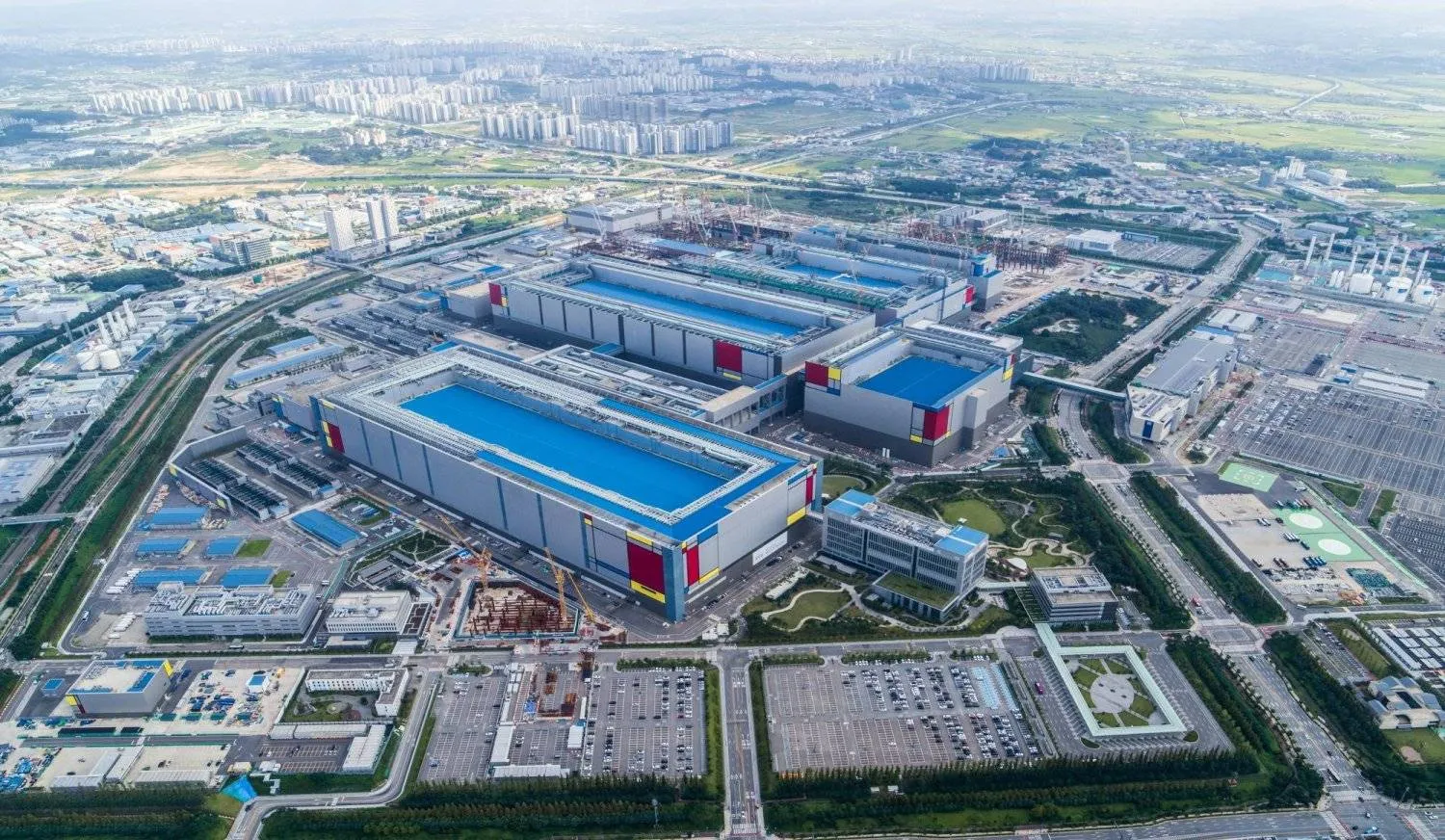South Korea announced on Thursday a 26 trillion won ($19 billion) support package for its chip businesses, citing a need to keep up in areas like chip design and contract manufacturing amid 'all-out warfare' in the global semiconductor market, Reuters said.
Under the package, President Yoon Suk Yeol said a financial support program worth about 17 trillion won was planned through state-run Korea Development Bank to back investments by semiconductor companies, according to the presidential office.
"As we all know, semiconductors are a field where all-out national warfare is underway. Win or lose, that depends on who can make cutting-edge semiconductors first," Yoon said at a meeting with top government officials.
South Korea, home to the world's top memory chip makers Samsung Electronics and SK Hynix, has fallen behind some rivals in areas such as chip design and contract chip manufacturing.
South Korea's share of the global fabless sector, which is dominated by companies like US giant Nvidia that design chips but outsource manufacturing, stood at about 1%, Yoon's office said. There was also a gap between local chipmakers and the leading contract chip makers like Taiwan's TSMC, it said.
Yoon said a 1 trillion won fund would be set up to support equipment makers and fabless companies.
Industry minister Ahn Duk-geun said the government aimed to help boost South Korea's global market share in non-memory chips, such as mobile processors, to 10% from the current 2%.
The package is bigger than plans flagged by the country's finance minister Choi Sang-mok earlier this month, when he said the government was targeting support for chip investments and research worth more than 10 trillion won.
In a press briefing, Choi described South Korea's chip support package "as good as" any other country.
Countries around the world ranging from China to the United States have been ploughing tens of billions of dollars via grants and other means to support their own chip sectors.
"The government is apparently trying to follow the trend where other countries are giving out subsidies for their own chip companies," said Greg Roh, head of research at Hyundai Motor Securities.
South Korea is building a mega chip cluster in Yongin, south of the capital Seoul, touted as the world's largest high-tech chipmaking complex to attract chip equipment and fabless companies.
Finance minister Choi said the government would streamline bureaucracy and cut red tape to help speed up construction of the chip cluster at twice the normal rate.
In January, Yoon, who has vowed to pour all possible resources into the country's chip industry, said he would extend tax credits on investments in the domestic semiconductor industry to boost employment and attract more talent.
South Korea Unveils $19 Bln Package to Compete in Global Chip 'Warfare'

A view shows Samsung Electronics' chip production plant at Pyeongtaek, South Korea, in this handout picture obtained by Reuters on September 7, 2022. Samsung Electronics/Handout via REUTERS

South Korea Unveils $19 Bln Package to Compete in Global Chip 'Warfare'

A view shows Samsung Electronics' chip production plant at Pyeongtaek, South Korea, in this handout picture obtained by Reuters on September 7, 2022. Samsung Electronics/Handout via REUTERS
لم تشترك بعد
انشئ حساباً خاصاً بك لتحصل على أخبار مخصصة لك ولتتمتع بخاصية حفظ المقالات وتتلقى نشراتنا البريدية المتنوعة







